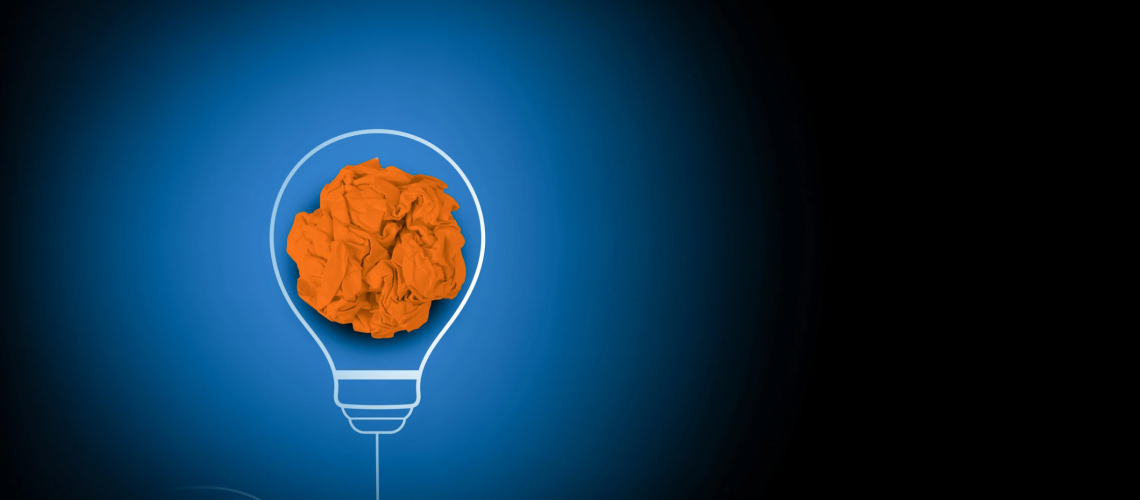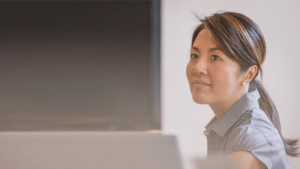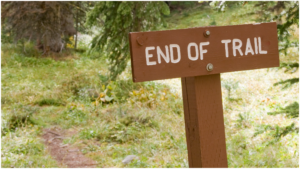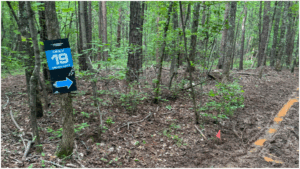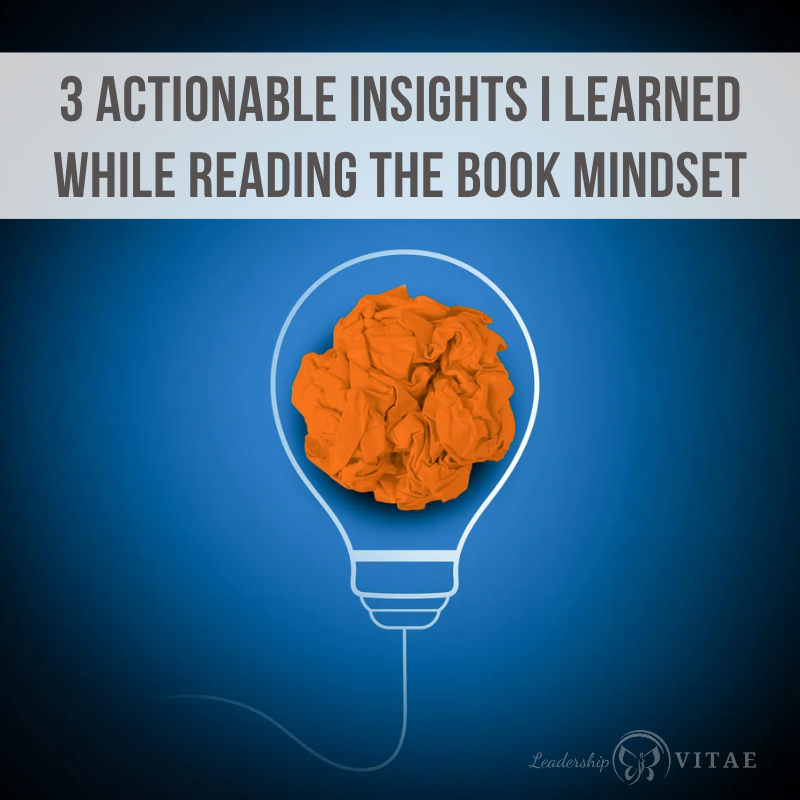
Each month, I am sharing key learnings from impactful non-fiction books I’m reading. In the last year, there have been upwards of 40 or more, so plenty to choose from. Though not all have been fantastic, a good book is one where there’s at least one meaningful insight. A great book has many.
In these reviews, I’ll focus on those I now recommend and reference regularly. This month, it’s the book Mindset: The New Psychology of Success by Carol S. Dweck. Be careful reading reviews on Goodreads. Wow…some folks are harsh. But maybe the sign of a good book is one that gets people talking.
Admittedly there are a lot of examples in the book and some may seem like a stretch to be attributed solely to mindset. However, there are plenty of great insights about the brain and how we can (re)train ourselves to adopt a mindset that helps us achieve our goals.
While on the whole I found the book to be well-written and insightful, there were three key learnings I keep finding myself referring back to. I hope you find them useful, even if you don’t eventually go on to read the book yourself.
Our duality is innate
If you haven’t heard of fixed and growth mindsets, this is the book that started it all. With a fixed mindset, we believe intelligence or abilities are fixed. We are predisposed to be “good” at some things and poor at others and it can’t be changed. With a growth mindset, we believe we may not be good YET, but can improve at just about anything.
As someone that is committed to life-long learning, I would have assumed I had a growth mindset. In fact, one of my friends and I argued about this very thing, as she was quite adamant I demonstrated that characteristic.
And yet…
I have moments where I find myself convinced of a particular trait that prevents me from trying something new or taking a risk. It was the book that helped me recognize when I was finding myself in a fixed mindset. How? By revealing that we are not one or the other, but can have moments of both.
We may predominately have a growth mindset, for example. In some cases, however, we may find ourselves convinced we are how we are and can’t change it. We have both mindsets available to us and can choose to interrupt a fixed mindset when we find it occurring.
Now I know what to listen for and can realize the lies the fixed mindset is telling me. Tapping into my growth mindset, I can consider the actions I can take to move forward.
Expect derailers
When we find ourselves experiencing a fixed mindset (listen for the “I can’t), we may realize it appears in the face of certain situations or relationships. Even if we’ve spent years or decades developing a growth mindset, we may still find ourselves challenged to retain it.
Even with a commitment to self-awareness and development, life happens. Maybe we’ve lost a job or had a project fail. In these moments, we may find ourselves pulled into a fixed mindset. It’s easier to think we are capable of anything when all is going well. If something happens to derail our path, it can derail our thinking as well.
Accepting that to struggle is human means we can acknowledge derailers will happen. We will have hard moments when it’s difficult to stay open to what’s possible. Close down and say “I can’t” when it might be a great time to jump into the uncertainty.
If we know these moments WILL happen, we can plan ahead. Listen for that voice that is telling us to play small and have a plan in place for how to respond. An interrupt that allows us to breathe and remember we have it in us to play big.
Know her to master her
The most impactful insight I took from the book was naming our fixed mindset persona. I’ve read something similar about limiting beliefs and negative self-talk.
When we hear that inner voice trying to make us small, we can fight back. The same is true with a fixed mindset. I’d argue that negative self-talk comes from a fixed mindset trying to keep us from pursuing our goals and dreams.
There have been times since reading the book when I’ve found my inner voice expressing fear, doubt, and uncertainty. I’ve started recognizing that as my fixed mindset, who we’ll call “Gladys”.
I’ve been working on my second book for a while now. It’s written and in editing. As I read more and more non-fiction, I find myself comparing my writing style, section/chapter framing, and more to successful authors. Gladys pops up every single time.
“What makes you think you can write? Who are you to put your ideas out there? Do you really think they are new and novel? Who will bother reading this trash?”
She is brutal. The smaller I feel, the less motivated I am to work on my book. Using the lessons from Mindset, I’ve started engaging my inner warrior to tell Gladys to step off. I still have doubt and fear, but I don’t need that jerk voice in my head immobilizing me.
The next time that nasty inner voice gets started, consider giving him or her a name. When we assign a persona outside ourselves, we are more likely to shut it down, as it’s less likely we’d take that kind of talk from someone else.
Changing behaviors through changing mindset
I’d recommend this book for anyone that dreams of something different. Something more. It doesn’t matter what it is – that job or promotion, starting a business, interpersonal interactions, or writing a book. It can be anything we imagine and struggle with self-talk getting in the way.
Change can be difficult…we don’t need our minds making it more difficult. By being aware of our mindset and the positive or negative self-talk that comes with it, we can ensure we are an advocate instead of a frenemy.
The next time we hear ourselves saying “I can’t” add the word “yet” to the end. Even that simple shift provides a chance for growth and learning. Through small shifts in how we perceive ourselves, we can open a world of possibilities.
Have you read the book Mindset? Please share any insights you took from the book in the comments below for anyone that may be looking to shift to a growth mindset.

